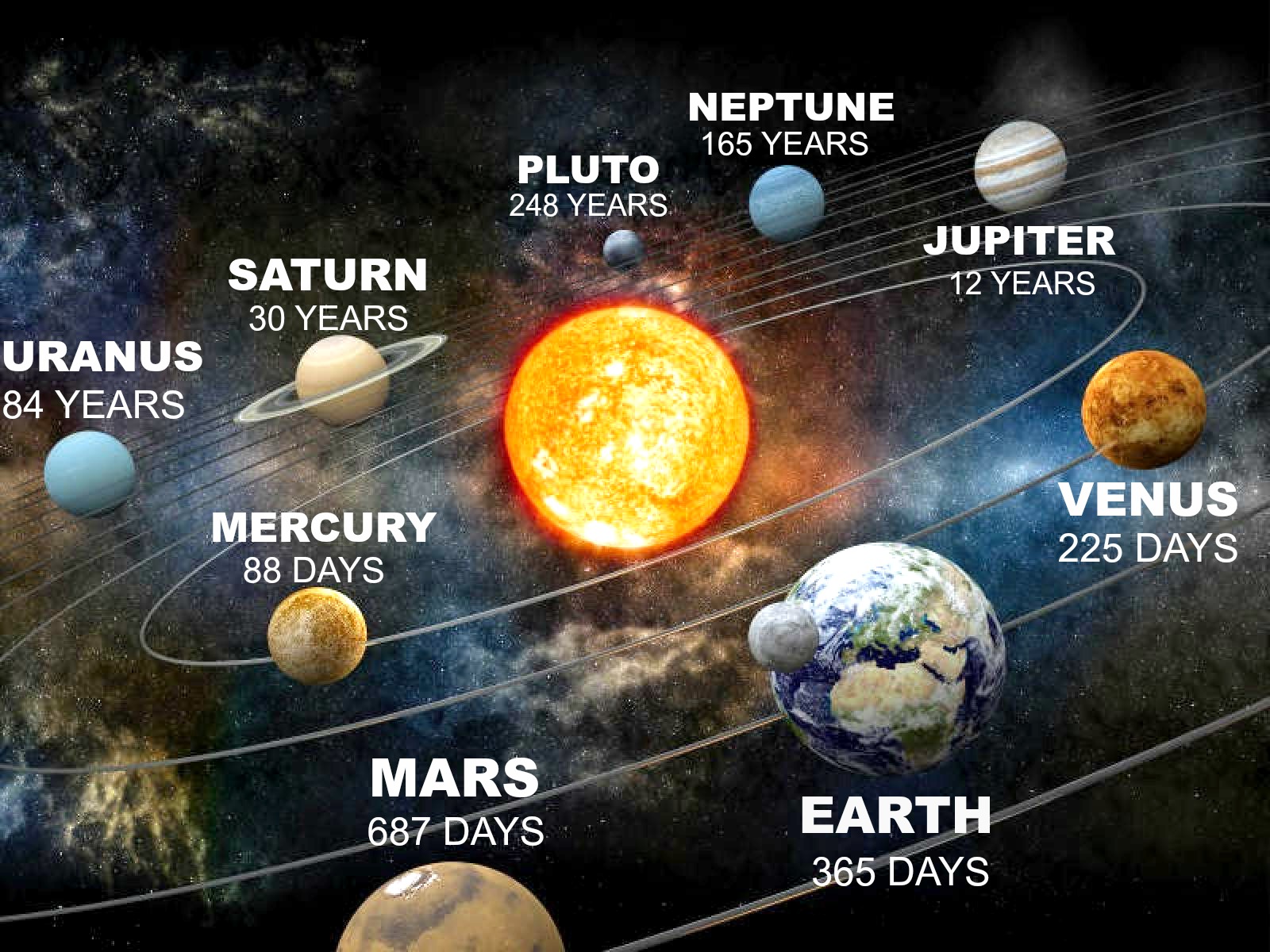

much more significant amounts of atmosphere than Earth does. Mars, the red planet, has no magnetic field to protect it from the solar wind, meaning that it loses. When we combine the solar wind loss with the nuclear fusion mass loss, we find out that today's Sun is about ~10 27 kg lighter than the Sun was some 4.5 billion years ago, right after the birth of our Solar System. Over the lifetime of the Sun, this results in the lost of roughly 30 Earth masses due to the solar wind. They spread throughout the Solar System and the overwhelming majority wind up in the interstellar medium, carrying away approximately 1.6 million tons of mass each second at present. In addition, solar flares, coronal mass ejections, and other intense events periodically and irregularly occur, further contributing to the Sun’s mass loss. Particles like electrons, protons, and even heavier nuclei can gain enough kinetic energy to get ejected from the Sun completely, creating a stream of particles that we call the solar wind. The particles at the very limb of the Sun are held very loosely at the edge of the photosphere. In addition to losing mass because of the energetic radiation leaving the Sun, our parent star also emits particles: the solar wind. NASAâS SOLAR DYNAMICS OBSERVATORY / GSFC E=mc^2, when you think about it, showcases how energetic this is, as the mass of Saturn multiplied by the speed of light (a large constant) squared leads to a tremendous amount of energy produced. System, is dwarfed in terms of 'mass loss' by nuclear fusion, which has reduced the Sun's mass by a total of 0.03% of its starting value: a loss equivalent to the mass of Saturn.

Over the lifetime of our Solar System, the Sun’s mass has decreased by about 95 Earth masses due to nuclear fusion, or approximately the mass of Saturn.Ī solar flare from our Sun, which ejects matter out away from our parent star and into the Solar. If we convert that into mass - which Einstein’s most famous equation, E = mc 2, allows us to do - we learn that the Sun loses a total of about 4 million tons of mass due to nuclear fusion with every second that passes. Where does the energy for that come from? From the nuclear fusion of hydrogen nuclei (beginning with protons) into helium-4 (with two protons and two neutrons), which occurs in a chain reaction that releases energy.Įvery time that four protons fuse together, culminating in the production of one helium-4 nucleus, a total of 28 MeV (where an MeV is one million electron-volts) of energy is released.
#Does earth revolve around the sun free#
In this Universe, there’s no such thing as free energy, and that even goes for something like the Sun, which emits a whopping 4 × 10 26 W of continuous power. The first effect we have to consider is the fact that the Sun shines. As time goes on, the helium-containing region in the core expands and the maximum temperature increases, causing the Sun's energy output to increase. core, which is the only location where nuclear fusion occurs. This cutaway showcases the various regions of the surface and interior of the Sun, including the. What does this mean for the speed of Earth around the Sun? That’s what Frank Wirtz wants to know, writing in to ask: And yet, our knowledge of the Universe is vast enough and our modern instruments are sensitive enough that we not only know that Earth’s orbit slightly changes over time, but we can quantify and confidently state exactly what those changes will be. On a year-to-year basis, our orbital changes are so minuscule that they’re practically imperceptible, as the duration of a single revolution (1 year) is tiny compared to how long the planet has been revolving around the Sun (~4.5 billion years).

Larry McNish, RASC CalgaryĮvery year, planet Earth completes one revolution around the Sun while spinning on its axis. If we look to a high-enough precision, however, we'll find that our planet is actually spiraling away from the Sun, which causes its orbital speed to very slightly decrease over time. The Earth, moving in its orbit around the Sun and spinning on its axis, appears to make a closed.


 0 kommentar(er)
0 kommentar(er)
